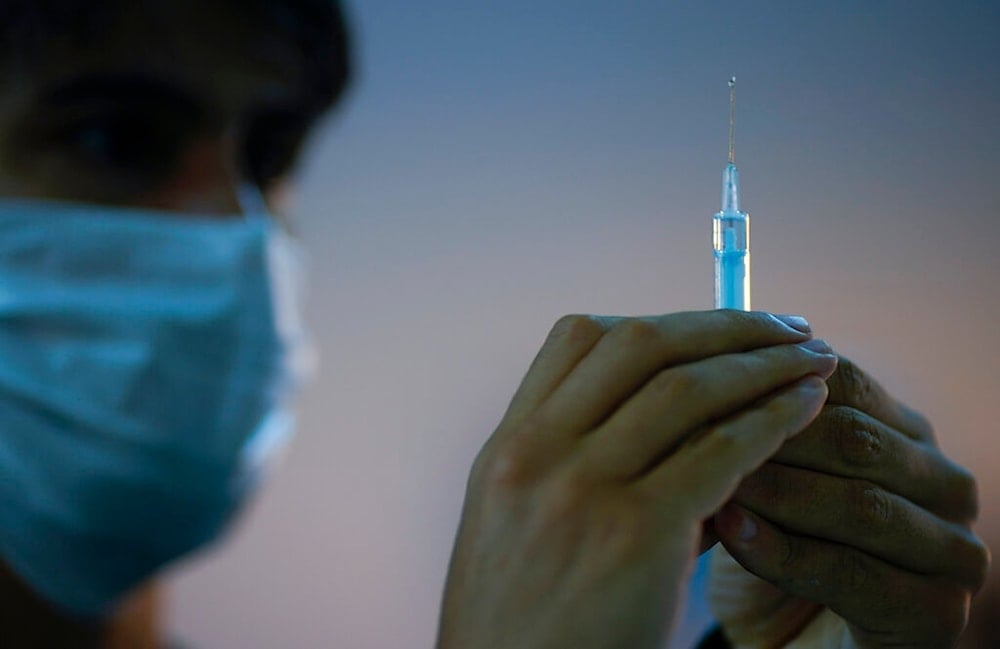Russia unveils plans for free mRNA cancer vaccine by 2025
Alexander Gintsburg, the center's director, reported that the vaccine demonstrated effectiveness in inhibiting tumor growth and preventing metastases.
-

In this April 15, 2021, file photo, a nurse prepares a dose of the Sputnik V COVID-19 vaccine at Tecnopolis Park which has been repurposed as a vaccination center, in Buenos Aires, Argentina. (AP)
Russia has announced the development of an mRNA-based cancer vaccine, slated for public release in early 2025 and to be provided free of charge.
Andrey Kaprin, head of the Radiology Medical Research Center under the Ministry of Health, confirmed the milestone on Radio Rossiya.
"Russia has developed its own mRNA vaccine against cancer, it will be distributed to patients free of charge," he stated.
The Gamaleya National Research Center for Epidemiology and Microbiology, also involved in the project, shared early findings from pre-clinical trials.
Alexander Gintsburg, the center's director, reported that the vaccine demonstrated effectiveness in inhibiting tumor growth and preventing metastases.
"The vaccine's pre-clinical trials had shown that it suppresses tumor development and potential metastases," Gintsburg noted.
Read more: Hopes for cancer cure as personal mRNA vaccine for melanoma trialled
Russian President Vladimir Putin previously hinted at progress in cancer vaccine research.
Building on this, Gintsburg highlighted the potential of artificial intelligence to revolutionize vaccine development, particularly in personalization.
"Now it takes quite long to build [personalized vaccines] because computing how a vaccine, or customized mRNA, should look like uses matrix methods, in mathematical terms. We have involved the Ivannikov Institute which will rely on AI in doing this math, namely neural network computing where these procedures should take about half an hour to an hour," he explained.
Revolutionizing cancer treatment with mRNA technology
Unlike traditional vaccines that introduce weakened pathogens to trigger an immune response, mRNA vaccines instruct the body's cells to produce antigens specific to cancer proteins.
This approach trains the immune system to identify and attack tumor cells effectively.
Cancer mRNA vaccines stand apart from their COVID-19 counterparts by targeting multiple tumor-specific antigens and being customized for individual patients.
However, personalization currently takes up to two months—a timeline Russian researchers hope to reduce significantly with AI integration.
Read more: Almost half of cancer deaths connected to preventable factors: Study
While Russia's announcement signals a major step forward, it joins a crowded field of international competitors.
Companies like Moderna, BioNTech, Merck, and CureVac are also actively developing mRNA-based cancer treatments.

 2 Min Read
2 Min Read








